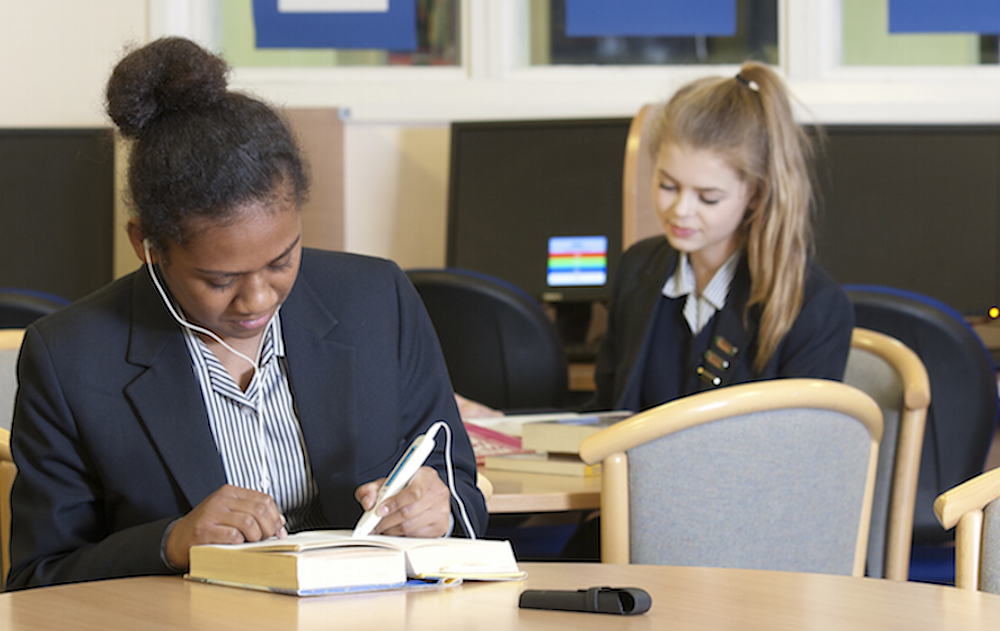Adam Voigt: Decision making made easier
One of the things that makes leading in schools difficult is a sense that you’re required to be all things to all people.

Now, the people part of that oft-used cry is not something we can do much about. Schools are human institutions by design and connecting with, supporting and empowering the people within it is probably something that connects deeply to very reason for choosing to lead.
But I’d like to spend this article examining the “all things” component and see if we can’t find some room to make our leadership lives a little easier, a little more focused and a little more productive.
In essence, I’d like to suggest that you stop doing important things. The word ‘important’ has been thoroughly ruined by those who discuss education. Originally a word intended to allow us to prioritise, it’s now become a word used to describe absolutely every aspect of life that society wishes schools to take responsibility for.
Counterproductively, our habit has been to accept that responsibility.
As a result, we label all of literacy, numeracy, science, the arts, social skills, healthy eating, problem solving, physical activity, digital literacy, financial management skills, time management, history, manners, reporting, assessing, planning, reflecting … you get the picture as the list builds … as being of importance.
Not only is this leaving us feeling exhausted, but it’s hard to even know where to begin when everything is apparently so important. Even on your staff or leadership team, there’s unlikely to be any sort of agreement about what’s the most important aspect to pour our time and effort into. Arguments about importance actually then tend to lead to compromises, a watering down of commitment and major projects that absorb vast tracts of energy and make just the tiniest difference.
This low return on investment for your most precious commodities – your time and effort – needs to end. No longer should we focus on importance. Instead, let’s adopt what controversial Danish academic Bjorn Lomborg call’s ‘the economist’s mindset’.
When we adopt this mindset we stop arguing about importance and start to ask questions about what would be the action we could take that would have the highest ROI in terms of impact with the lowest possible investment of resource. In a school, that resource is your investment of time and energy.
Let me give you some examples:
- Instead of combing the corners of the globe for a new numeracy program, paying a fortune for it and spending years implementing it, just conduct a new Maths activity with your staff in every second staff meeting … and see what happens.
- Instead of looking to strategise the elevation of Student Voice in your school strategic plans through a raft of changes that require a full retraining of the pedagogical model used by your staff, just steal the Real Schools Student Leadership Program, run it … and see what happens.
- Instead of re-writing the entire canteen menu to reflect your commitment to healthy nutrition just delete the highest-selling unhealthy food from it … and see what happens.
- Instead of writing a yard duty policy that insists teachers arrive on time to their designated duty in the correct area (a policy that nobody ever reads anyway), pause your staff meeting just once and ask teachers to pop their yard duty schedule into their phones with a 10-minute reminder alarm set … and see what happens.
- Instead of writing a ‘Principal’s Report’ for your next Newsletter (that is also almost never read by the target audience), record yourself speaking for two minutes about something that matters in your school, standing in your yard at lunchtime and post it on your school social media channels … and see what happens.
- Instead of bemoaning the lack of parental attendance at assemblies, just pop the assembly on Facebook Live … and count the views.
Eliminating the futile quest for importance and instead adopting the economist’s mindset provides a new lens through which you can view improvement in your school. Not only are the possibilities for both impact and efficiency exaggerated through this new mindset, but it just feels better when the pay-off for your efforts is larger too.
For too long, we’ve burned out our School Leaders by asking them to do more. Even worse, we’ve asked them to divide their time and energy across an exponentially expanding list of supposedly important work aspects. That’s not on. It’s time they got a better return for their toil. Like, much better.
THE CHEAT SHEET
Don’t have time to absorb the
whole article today? Here’s the big points …
- Stop adding to your list of what’s important.
- Nothing is important if everything is.
- Adopt the “economist’s mindset” and chase a high ROI.
- If you’re investing your time and effort, there needs to be a bigger reward.
- Improve your school through small actions that have big potential – not the other way around.
The Big One
PP3 – Leading improvement, innovation and change.
But also …
LR1 – Vision and values.
PP2 – Developing self and others.
PP4 – Leading the management of the school.







